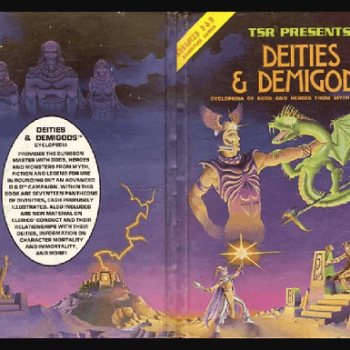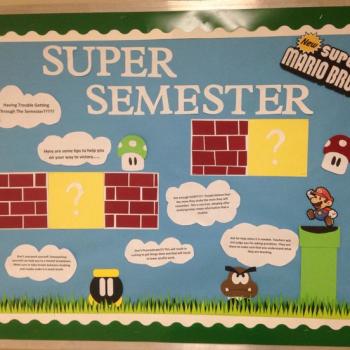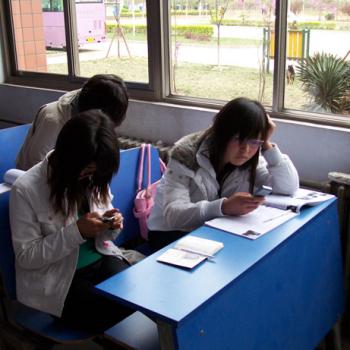Educators have been told by administrators to prepare to be flexible this upcoming academic year. I know that I’ll have at least the following to confront as challenges: at least one student who will be taking their classes completely online; reduced classroom capacity limits meaning we cannot all gather simultaneously at the times classes meet; wearing a mask on campus including while teaching. In addition, there may be changes after the fall semester is already underway. A surge in cases nationally or on campus could lead to a shift to entirely online, much as happened in the spring. A student who begins the semester able to come to class may at some point be unable to.
How does one prepare a class to have this kind of on-the-fly adaptability? Last semester I was able to cope with the sudden shift for two main reasons. One is that I adopt a gamified approach to grading. I’ll say more about that in a moment. The other is that as a rule I incorporate elements of the flipped classroom and hybrid models even if a course is face to face. It rarely makes sense to lecture during class meetings. Recording lectures accomplishes everything that lecturing in person does, while adding the potential for students to listen more than once, and to speed it up or slow it down. This has become a matter of accessibility and equity in addition to being a good pedagogical practice. Students have historically had to request permission to record classes if they have a disability that justifies doing so. They have had to get special software or editions to be able to use a screen reader if they suffer from a visual impairment or dyslexia. Making lectures available – including your own content but also “guest lectures” by world-renowned experts who have also made their lectures available online – gives students the same or better quality of content as I might have delivered in a lecture in class, plus so much more in terms of flexibility, opportunity to review and pause, and so much more.
As for gamification, I am referring primarily to my adopting of a points-based approach to grading, not to specific activities that might be game-like. I initially experimented with a completely open points-based approach but was dissatisfied with the possibility of students getting excellent grades simply for doing enough assignments that earned very few points each. I this adopted both stricter limits on the number of things like blog posts that can be done per week, and added a requirement to at least attempt higher levels of assignments in order to get a grade in a certain range. On the one hand this allows students to attempt something multiple times and learn (as well as earn points) from doing so. On the other hand, I had built in that points could be earned in other ways than those listed on the syllabus, and could be earned in a variety of ways all along. This meant that there was no need to radically alter the syllabus when students didn’t return to campus after spring break. They could participate through online interaction all along, and anything they could no longer do, they could find an alternative.
It is my intention to make this a facet of all my classes. There is an advantage even when no pandemic strikes, and flexibility when unforeseen circumstances arise. Keep in mind that in your own experience something unexpected happens to at least one person in class pretty much every semester. Having the flexibility to make room for real life recognizes students as holistic human beings with lives beyond the classroom, and builds in fairness for that and not just national crises.
Of related interest:
https://www.thetechedvocate.org/not-all-students-enjoy-narrative-writing-from-gamification-and-heres-why/
https://www.thetechedvocate.org/a-guide-to-gamifying-elearning/
A term that’s new to me is “EDULARP.”
Learning science through role play
Esports in an era of hungry sports fans
Taking virtual education beyond Zoom: How VR and AR can help
https://www.thetechedvocate.org/how-can-companies-retain-employees-through-gamification/
Since I focus on information literacy in most or all of my classes, and there are many ways to work that focus into a gamified course, let me also provide some links related to that:
Also of interest, archaeologists discovered a 1,700 year old board game, Digital Humanities updates from Michael Satlow, and a piece on promoting student learning













